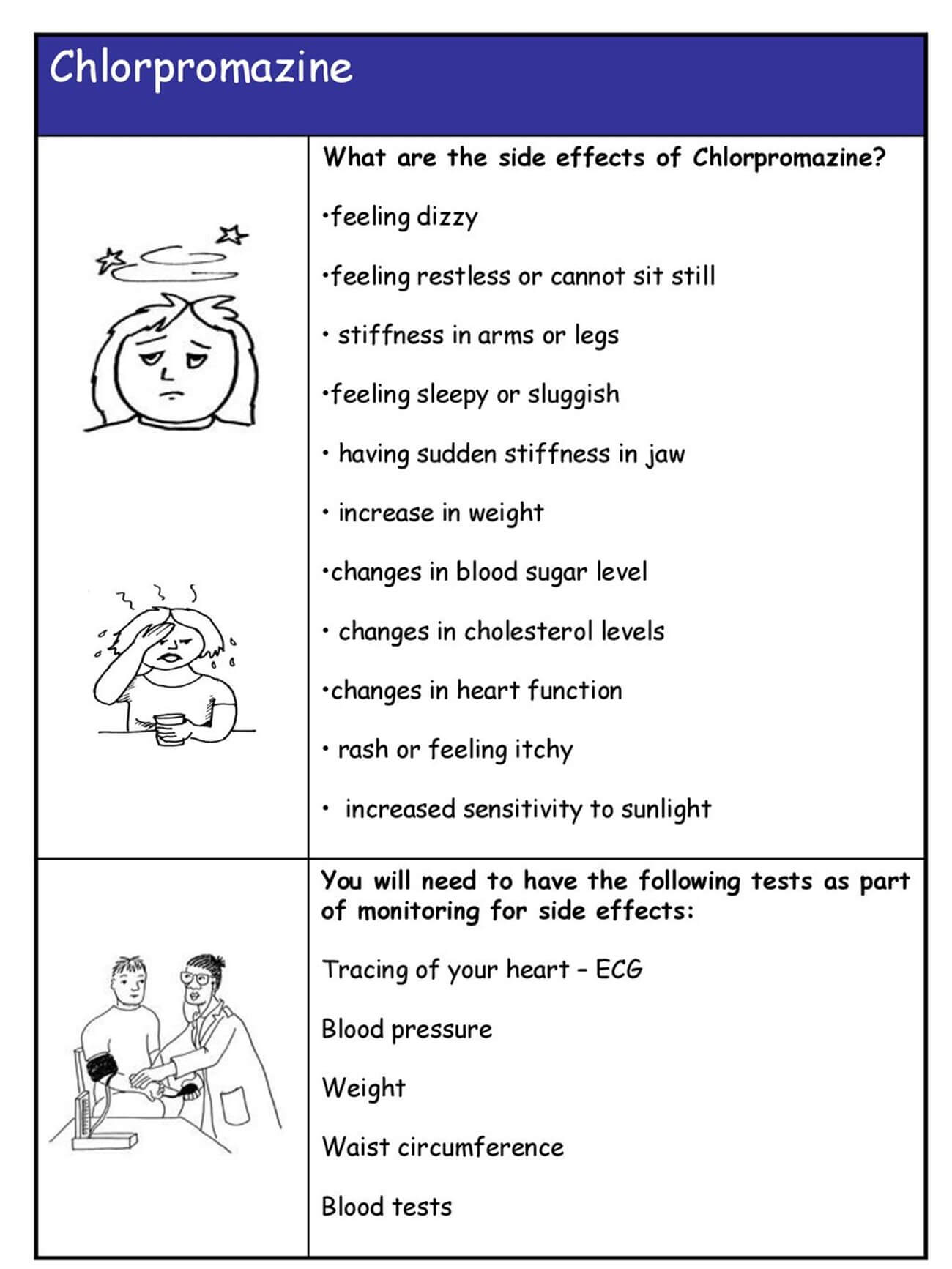A nurse in a rehabilitation center is planning care for a newly admitted client who has a history of alcohol use disorder. Which of the following client goals is the highest priority?
The client will implement alternative strategies for managing anxiety.
The client will acknowledge alcohol dependence and need for treatment.
The client's withdrawal from alcohol will be managed without complications.
The client will rebuild damaged interpersonal relationships.
The Correct Answer is C
A. The client will implement alternative strategies for managing anxiety.
While addressing anxiety is important for the overall well-being of the client, it may not be the highest priority in this context. The immediate physical safety of the client during alcohol withdrawal takes precedence over addressing anxiety.
B. The client will acknowledge alcohol dependence and need for treatment.
Recognizing alcohol dependence and the need for treatment is an important step, but it may not be the highest priority. It is more focused on the client's acceptance and understanding of their situation rather than addressing immediate health risks.
C. The client's withdrawal from alcohol will be managed without complications.
This is the correct answer. Managing alcohol withdrawal without complications is the highest priority goal in this scenario. Alcohol withdrawal can lead to severe physical symptoms, including seizures and delirium tremens, which can be life-threatening. Ensuring the safe and medically supervised management of withdrawal is crucial for the client's immediate well-being.
D. The client will rebuild damaged interpersonal relationships.
While repairing damaged relationships is important for the client's overall rehabilitation, it's not the highest priority in this context. Physical health and safety take precedence over addressing interpersonal issues.
Nursing Test Bank
Naxlex Comprehensive Predictor Exams
Related Questions
Correct Answer is B
Explanation
Fluoxetine and other SSRIs can actually have an impact on sexual desire and function as a side effect, often leading to decreased libido. This statement shows a misunderstanding of the medication's potential effects.
B. "I should notify my provider if I develop a skin rash."
Explanation: Fluoxetine is a selective serotonin reuptake inhibitor (SSRI) commonly used to treat depression. It's important for clients to be aware of potential side effects and know when to notify their healthcare provider. One potential serious side effect is an allergic reaction or skin rash, which could indicate an adverse response to the medication. Therefore, the client's statement about notifying the provider if a skin rash develops demonstrates their understanding of monitoring for potential adverse reactions.
C. "I should expect relief from depression within 3 to 4 days."
Antidepressant medications like fluoxetine typically take several weeks to start showing significant improvements in symptoms. This statement reflects a misconception about the timeline for therapeutic effects.
D. "I will take my fluoxetine at bedtime so I can sleep better."
Fluoxetine can have stimulating effects for some individuals, so it's often recommended to take it earlier in the day to avoid interference with sleep. Taking it at bedtime could potentially disrupt sleep rather than improve it.
Correct Answer is A
Explanation
A. "I may have a dry mouth while taking this medication.":
Explanation: Correct Answer. Dry mouth is a common side effect of chlorpromazine, which is a typical antipsychotic medication. This statement indicates that the client understands the potential side effects of the medication.
B. "This medication will help me stop smoking.":
Explanation: This statement is incorrect. Chlorpromazine is not used as a medication to aid in smoking cessation. It is primarily used to treat conditions such as schizophrenia and other psychotic disorders.

C. "I should expect flu-like symptoms while taking this medication.":
Explanation: This statement is incorrect. Flu-like symptoms are not a common side effect of chlorpromazine. Side effects more commonly associated with chlorpromazine include drowsiness, dizziness, and movement-related issues.
D. "This medication may cause me to urinate frequently.":
Explanation: This statement is incorrect. While chlorpromazine can cause various side effects, increased frequency of urination is not one of the typical side effects associated with this medication.
Whether you are a student looking to ace your exams or a practicing nurse seeking to enhance your expertise , our nursing education contents will empower you with the confidence and competence to make a difference in the lives of patients and become a respected leader in the healthcare field.
Visit Naxlex, invest in your future and unlock endless possibilities with our unparalleled nursing education contents today
Report Wrong Answer on the Current Question
Do you disagree with the answer? If yes, what is your expected answer? Explain.
Kindly be descriptive with the issue you are facing.
